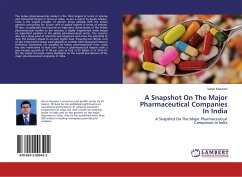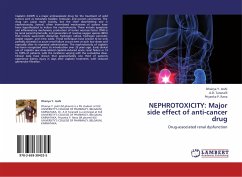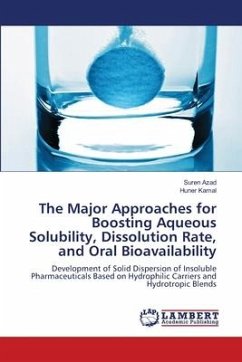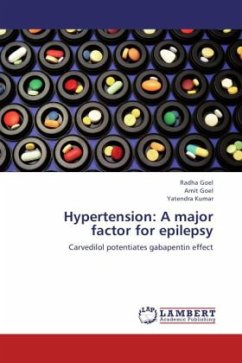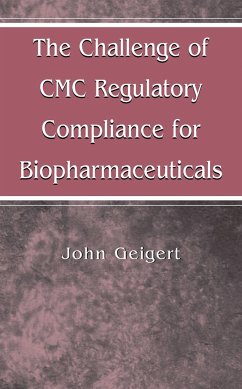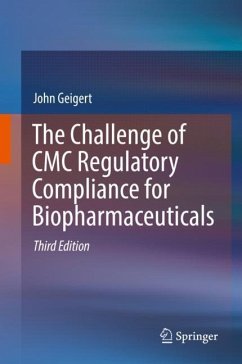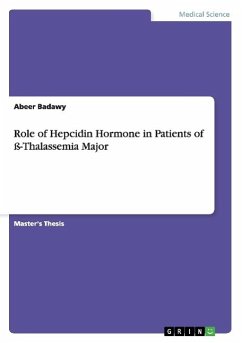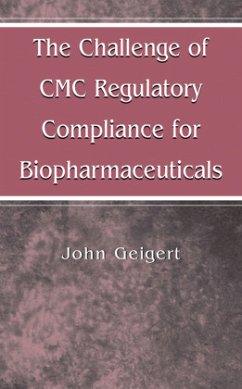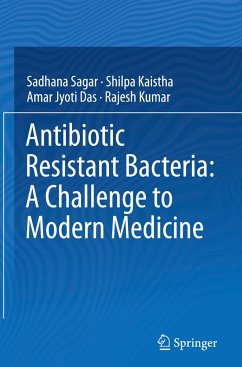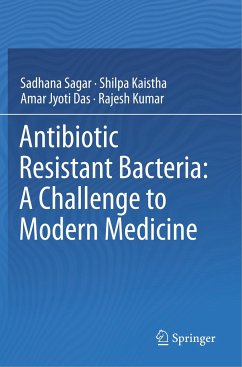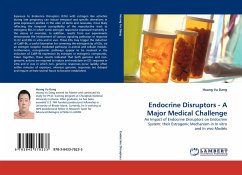
Endocrine Disruptors - A Major Medical Challenge
An Impact of Endocrine Disruptors on Endocrine System: their Estrogenic Mechanism in In vitro and In vivo Models
Versandkostenfrei!
Versandfertig in 6-10 Tagen
32,99 €
inkl. MwSt.

PAYBACK Punkte
16 °P sammeln!
Exposure to Endocrine Disruptors (EDs) with estrogen like activities during late pregnancy can induce temporal and specific alterations in gene expression profiles in the uteri of dams and neonates, most likely reflecting the temporal susceptibility of the reproductive tract to estrogenic EDs in which some estrogen responsive expressed markedly in the uterus of neonates. In addition, results from our experiments demonstrate the involvement of various signaling pathways in response to E2 and EDs in vitro and in vivo. These EDs may trigger the induction of CaBP-9k, a useful biomarker for screeni...
Exposure to Endocrine Disruptors (EDs) with estrogen like activities during late pregnancy can induce temporal and specific alterations in gene expression profiles in the uteri of dams and neonates, most likely reflecting the temporal susceptibility of the reproductive tract to estrogenic EDs in which some estrogen responsive expressed markedly in the uterus of neonates. In addition, results from our experiments demonstrate the involvement of various signaling pathways in response to E2 and EDs in vitro and in vivo. These EDs may trigger the induction of CaBP-9k, a useful biomarker for screening the estrogenicity of EDs, via an estrogen receptor mediated pathways in animal and cellular models. Furthermore, non-genomic pathways appear to be involved in the induction of CaBP-9k expression by estrogen or estrogenic compounds. Taken together, these results indicated that both genomic and non- genomic actions are required to induce and modulate an ED- response in vitro and in vivo in which non- genomic responses occur rapidly, often within minutes of exposure, whereas genomic responses are delayed and require at least several hours to become established.



